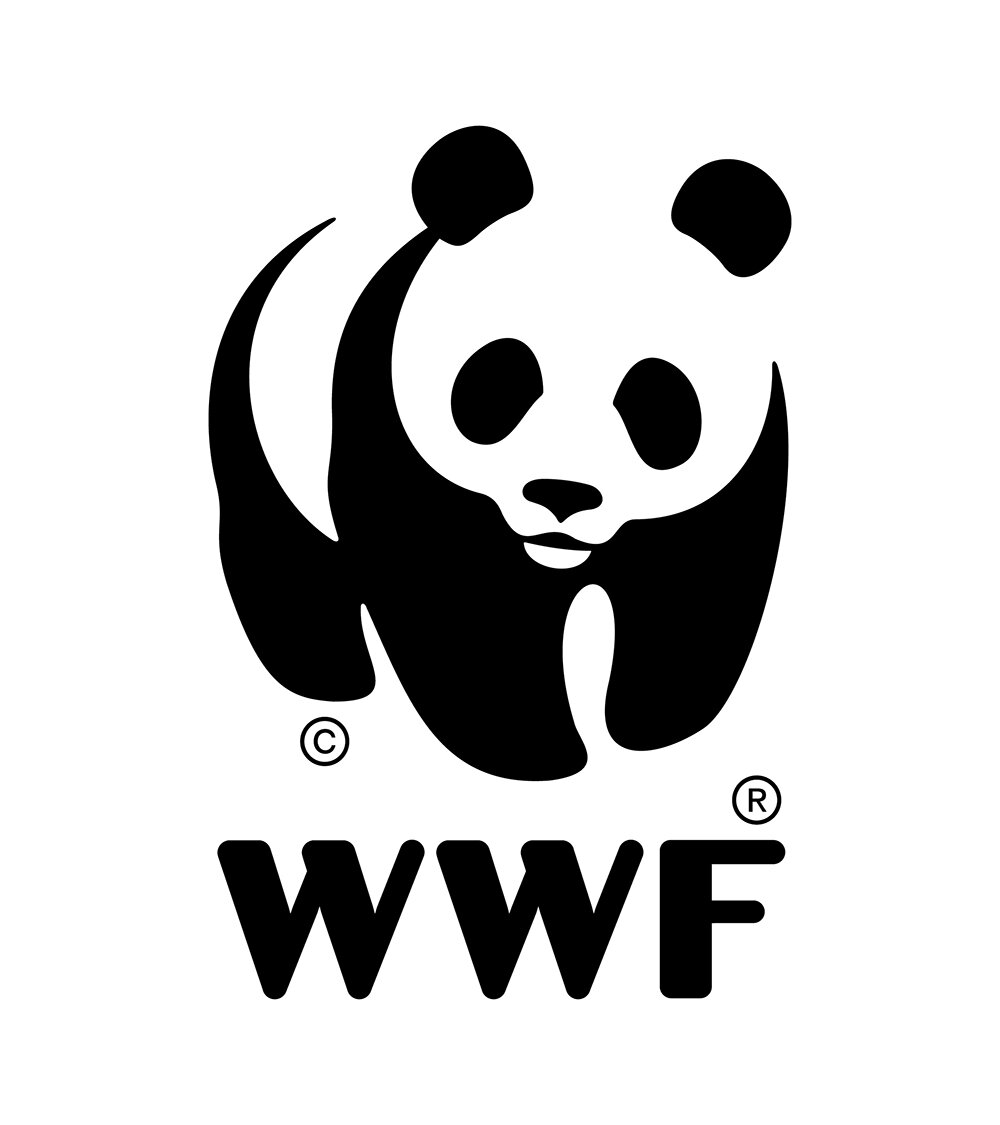Rerouting shipping traffic to safeguard sperm whales in the Eastern Mediterranean
© A. Frantzis / Pelagos Cetacean Research Institute
The Hellenic Trench, located in the Ionian Sea, west of continental Greece, is composed of a series of underwater canyons and cliffs. The Trench includes the deepest point in the Mediterranean, Calypso Deep, which is over 5,000 meters deep. You might assume that this deep dark place is devoid of any activity, but life under the sea has a way of making a home out of the most unlikely places.
“Due to its high productivity, the Hellenic Trench is a refuge for a range of marine life including many cetaceans. It’s the primary habitat for an endangered group of sperm whales found only in the Mediterranean Sea and believed to number less than 200 individuals. The whales use the depths and crevices to dive for food,” says Nicole Godsil, a marine programme associate with WWF Greece working in the field of biodiversity conservation. “The Trench is also the only place in the region where female sperm whales give birth and raise calves, and where pods, made up of females and calves, coexist with lone males throughout the year.”
Nicole Godsil, Marine Programme Associate, WWF Greece
Nicole is an environmental scientist who joined WWF Greece in 2020 as a field researcher. Today she is working on marine biodiversity conservation with a focus on human-wildlife conflicts and species conservation.
Large and in charge
Sperm whales are the largest toothed whales, known for their big heads that account for one-third of their body size. They use echolocation to locate prey, which consists of a variety of species, including squid. Occasionally called the “elephants of the sea”, females and calves form matriarchal groups called pods. Female sperm whales give birth every four to twenty years and often care for their calves for over a decade.
© naturepl.com / Tony Wu / WWF
Sperm whales got their name from spermaceti or sperm oil, a waxy substance found inside their heads. During the whaling era, spermaceti was commonly used in oil lamps, lubricants, and candles. Today, sperm whales are protected from whaling by the International Whaling Commission moratorium and are listed as vulnerable.
Facing growing threats
Although, whaling is no longer a threat to sperm whales, these whales and many others face new and growing threats worldwide. Over the past two decades, shipping traffic has increased 300 per cent globally. Large vessels have become bigger, and travel at greater speeds, while more and more passenger ferries traverse coastlines. For cetaceans, this has resulted in a greater risk of injury and death.
The Hellenic Trench is one of the busiest shipping routes in the East Mediterranean. Globally, up to 30 per cent of shipping traffic is concentrated in the Mediterranean Sea. In the last 20 years, the volume of maritime traffic in this region has almost doubled and is expected to increase again in the next 15 to 20 years.
The overlap between shipping traffic and high numbers of sperm whales throughout the year means that collisions with commercial vessels are a major cause of death for these animals and threaten population survival. As a result, the survival of the very small, endangered sperm whale population found in the Hellenic Trench, is threatened.
“The number of sperm whales hit by ships along the Hellenic Trench is alarming. Scientific studies have shown that over 50 per cent of sperm whales found stranded along the coast of Greece show clear evidence of ship strikes,” says Nicole. “This is particularly concerning for such a small population.”
If whales are not instantly killed, a collision with a vessel can result in serious injuries, and in many cases, large ships are not even aware that they have collided with a whale.
WWF Greece working with partners to address the threat of ship strikes in the Hellenic Trench
Since 2019, WWF Greece, together with its partners, the Pelagos Cetacean Research Institute, Ocean Care, and the International Fund for Animal Welfare (IFAW) has worked to address the threat of ship strikes in the Hellenic Trench. WWF Greece and its partners are committed to leading the fight toward reducing the conflict between shipping and sperm whales in the area.
“Our work focuses on increasing awareness at the national and international level on the issue of ship strikes,” says Nicole. “We strive to engage the shipping industry in order to implement and promote the adoption of appropriate actions, such as rerouting shipping routes to avoid navigating through core sperm whale habitat, as well as monitoring the impact of ship strikes on endangered sperm whales.”
© A. Frantzis / Pelagos Cetacean Research Institute
As a result of their outreach efforts, shipping companies passing through the Hellenic Trench, such as MSC Mediterranean Shipping Company, DFDS, and Euronav, are now instructing their vessels to avoid high-risk areas by altering their routes. Estimates indicate that the involvement of these companies reduces the collision risk to sperm whales in the Hellenic Trench by 27 per cent. In addition, key industry associations like the German Ship Owners Association (VDR), the International Chamber of Shipping (ICS) and the French Shipowners' Association (Armateurs de France) are encouraging their members to undertake similar actions.
Due to continued efforts, deliberations with national authorities and support from the Hellenic Chamber of Shipping, in 2021, the Hellenic Hydrographic Office issued Notices to Mariners with information about the main areas of risk to sperm whales. More recently, this information was added to the Admiralty Sailing Handbooks issued by the United Kingdom Hydrographic Office and used by ships worldwide.
“This last unique subpopulation of sperm whales is running out of time, and immediate action is urgently needed to protect these endangered whales before it’s too late,” says Nicole. “The current ship strike rate is unsustainable for these sperm whales and threatens to eliminate their entire population in the eastern Mediterranean Sea. The minor changes to shipping behavior we are proposing, — moving vessels away from critical habitats — could give this population a chance for survival and we are calling on all shipping companies passing through the area to take action and contribute to reducing the ship strike risk to sperm whales by almost 70 per cent.”






